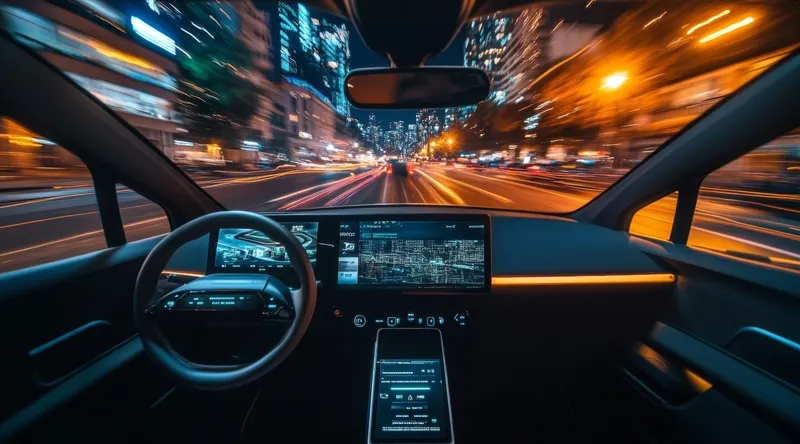
The
ITMS will utilise multiple sources of data collected through different methods including fixed and mobile sensors. The data will then be processed through QUWIC's own intelligent platform to generate near-real time traffic information. This information will be used to create different applications such as travel time, trip planning, best route, and fleet management. These applications will be delivered to end users via the Web, Mobile Apps, SMS, and other valuable means.
QUWIC is a unique innovations centre focused on leveraging wireless/telecom technologies to create locally designed solutions to business challenges in Qatar and in the Gulf region by conducting applied research, championing technology development, offering technical consulting services, and supporting technical training activities.
The MOU will allow both parties to exchange information and expertise with the objectives of field testing ITMS applications that suit the needs of Mowasalat and help it to deliver better service to its customers and to contribute efficiently in the development of the transportation sector in the country.








